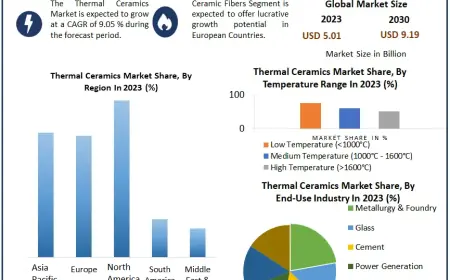Navigating Educational Pathways in Pakistan: IB, O-Levels, and Beyond
This article explores the landscape of education in Pakistan, examining the strengths and weaknesses of these prominent systems.

Pakistan, a nation rich in history and culture, is also embarking on a journey of educational transformation. While traditional systems like the O-Levels continue to hold sway, innovative programs like the International Baccalaureate (IB) are gaining traction, offering diverse pathways for students.
O-Levels: A Legacy of Rigor
The O-Levels, a British-based examination system, has been a cornerstone of secondary education in Pakistan for decades. This rigorous program emphasizes a strong foundation in core subjects like Mathematics, Science, English, and Social Studies.
Strengths:
- Globally Recognized: O-Level qualifications are widely recognized by universities and employers worldwide, providing students with valuable international credentials.
- In-depth Learning: The curriculum delves deeply into core subjects, fostering a strong understanding of fundamental concepts.
- Well-Established Infrastructure: A robust network of schools and examination centers ensures accessibility and a well-defined assessment process.
Weaknesses:
- Exam-Oriented: The heavy emphasis on examinations can sometimes overshadow a holistic approach to learning, potentially limiting creativity and critical thinking.
- Limited Flexibility: The rigid curriculum may not cater to diverse learning styles and interests, potentially hindering individual exploration.
- Memorization Focus: The focus on rote learning and memorization can sometimes limit deeper understanding and application of knowledge.
The Rise of the International Baccalaureate
The International Baccalaureate (IB) is a globally renowned educational framework that emphasizes holistic development, critical thinking, and intercultural understanding.
Strengths:
- Holistic Education: The IB curriculum goes beyond traditional subjects, incorporating elements of creativity, activity, and service (CAS), encouraging well-rounded individuals.
- Critical Thinking: The program fosters critical thinking, inquiry-based learning, and independent research skills, preparing students for higher education and the complexities of the modern world.
- Global Perspective: The IB curriculum encourages intercultural understanding and global citizenship, preparing students to thrive in an interconnected world.
Weaknesses:
- Higher Cost: IB programs can be more expensive than traditional systems due to higher tuition fees and the need for specialized resources.
- Limited Accessibility: IB programs are currently available in a limited number of schools in Pakistan, potentially limiting access for many students.
- Implementation Challenges: Successful implementation of the IB program requires qualified teachers, adequate resources, and a strong emphasis on student-centered learning, which can be challenging to achieve in all settings.
Choosing the Right Path:
The choice between O-Levels and IB depends on individual student needs, learning styles, and career aspirations.
-
O-Levels may be a suitable option for students who:
- Thrive in a structured and exam-oriented environment.
- Aim for specific career paths that prioritize traditional academic subjects.
- Seek a globally recognized qualification.
-
IB may be a better fit for students who:
- Enjoy a more holistic and inquiry-based approach to learning.
- Are interested in exploring diverse subjects and developing critical thinking skills.
- Aspire to attend international universities or pursue careers that require creativity, innovation, and intercultural understanding.
Beyond O-Levels and IB:
The educational landscape in Pakistan is constantly evolving. New programs and initiatives are emerging, offering students a wider range of choices and opportunities. These include:
- Cambridge A-Levels: Another internationally recognized program that provides a more in-depth study of chosen subjects.
- National Curriculum: The government of Pakistan is actively working to strengthen the national curriculum, incorporating modern teaching methodologies and focusing on 21st-century skills.
- Vocational Training: Increasing emphasis is being placed on vocational training and technical education to equip students with the skills needed for the job market.
Challenges and Opportunities:
While Pakistan has made significant strides in education, challenges remain. These include:
- Inequality: Access to quality education remains unequal, with disparities between urban and rural areas, and between public and private schools.
- Teacher Training: Investing in teacher training and professional development is crucial to improve the quality of education.
- Infrastructure: Improving school infrastructure, including access to technology and resources, is essential for creating conducive learning environments.
Despite these challenges, Pakistan possesses immense potential in the field of education. By embracing innovation, fostering collaboration between public and private sectors, and prioritizing equity and access, the nation can create a brighter future for its youth.
Conclusion:
The choice between O-Levels and IB represents a significant decision in the educational journey of schools in pakistan. Both systems offer distinct advantages and disadvantages. Ultimately, the most suitable path will depend on individual student needs, aspirations, and learning styles. By carefully considering these factors and exploring the diverse options available, students can make informed choices that will set them on the path to success.
What's Your Reaction?
 Like
0
Like
0
 Dislike
0
Dislike
0
 Love
0
Love
0
 Funny
0
Funny
0
 Angry
0
Angry
0
 Sad
0
Sad
0
 Wow
0
Wow
0














































